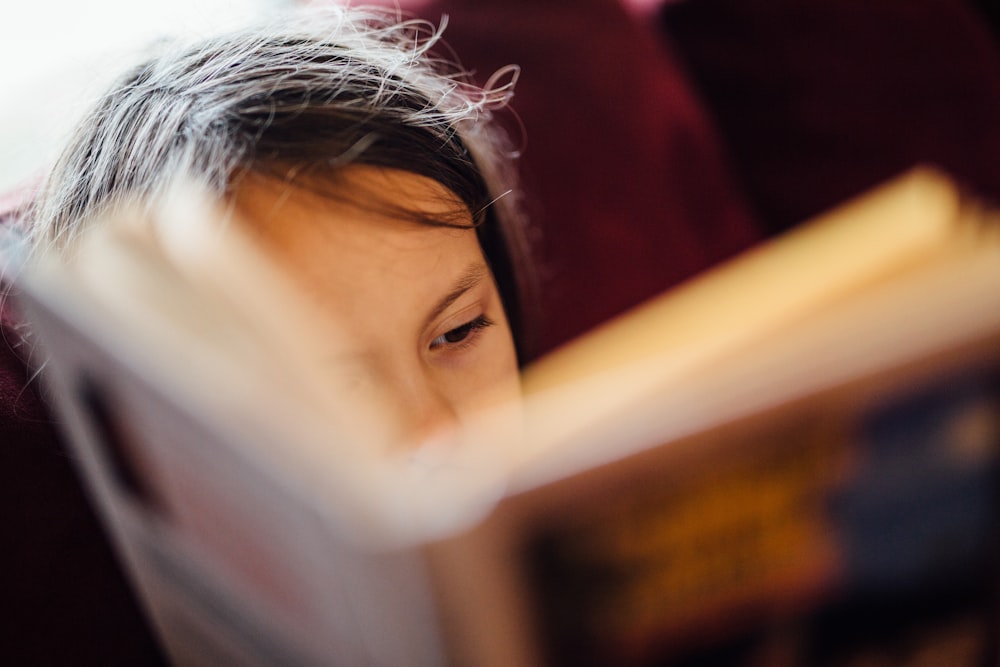English
Phonics at Mellis

Mellis School has chosen the Little Wandle Valiated Phonics Scheme.
The School team has been heavily involved in training prior to the roll-out of this scheme for the Academic Year 2022-23. The School is now further embedding provision into the 2023-2024 academic year.
Please see below for the School's Phonics and Early Reading Policy, and a summary of parent responses from the latest Phonics/Early Reading Presentation to Parents.
English Development and Policy
Reading List Suggestions
We have recently taken the opportunity to review our suggested reading for each class to reflect the diversity of both authors and readers, and we hope that all will enjoy these suggestions!
'Literacy is the ability to read, write, speak and listen in a way that lets us communicate effectively and make sense of the world.' National Literacy Trust
Mellis Primary School
Curriculum Statement for English
Intent
Here at Mellis Primary School we aim to teach the children that language and English is key in many areas of life, not simply during a daily English lesson in school.
The study of English develops children’s abilities to listen, speak, read and write for a range of purposes, using English to learn and communicate ideas, views and feelings. It enables children to express themselves creatively and imaginatively, as they become enthusiastic and critical readers of stories, poetry and drama, as well as non-fiction and media texts. In addition to it being a subject in its own right, English enables children to access other areas of the curriculum.
At Mellis, we believe that what we are teaching children to do is to communicate clearly, effectively and appropriately for the situation and application that is needing to be applied. This is important not only for children’s future lives and occupations, but it also enables them to make their most of their current experiences.
We teach English in the Reception Class as an integral part of the school’s work and it is taught under the bracket of Communication, Language and Literacy but will be covered across all strands. The format for the daily lesson differs from the rest of the school. The children have daily phonics inputs following Letters & Sounds. English then takes place during child-led learning sessions and each child is supported with their English on an individual basis. Opportunities and activities are organised so that the Early Learning Goals can be achieved by the end of the Foundation year.
Implementation
All staff will implement the core skills in English by creating an environment where reading and writing is promoted through the school. These skills are embedded within English lessons but are also developed in every area of school life in some form. We promote a love of reading through the use of our school library, Hooked on Books reading, promoting the support of reading out of school context and providing many opportunities to explore books for pleasure, including within different subjects, for World Book Day and for author studies. The younger children are given daily phonics sessions that stimulate learning by use of IWB, physical resources and songs and rhymes.
We embed writing by using the transformative writing scheme in order to scaffold, model and thus create independence within writing. We explore a range of genres across a range of themes and link where possible to other subjects. Spelling, Punctuation and Grammar underpin the writing process and is taught as a discrete lesson as well as being embedded within writing sessions. Experience days allow children to fully immerse their creative skills and block teaching allows children to write with stamina rather than having their flow stemmed by constraints of timetabling.
Impact for the children
- To be aware of and a participant in their own progress through communication of aims and learning objectives, self assessment where appropriate, individualised target setting etc.
- To develop confidence in speaking and listening in a range of situation for different purposes: story-telling, debate, drama, role play etc. Speaking clearly and confidently in a way which takes into account the listener.
- To be able to read fluently and accurately and understand the way different texts work. We encourage children to read for enjoyment as well as information and are able to evaluate and criticise text.
- To be able to write appropriately in a range of styles for different purposes, developing originality in their work. Children will be encouraged to enjoy writing and recognise its value.
- To understand the vast range of ways in which people communicate and to enjoy improving and enhancing their own communications skills.
- To have an interest in words, their meanings; developing a growing vocabulary in spoken and written forms.
World Book Day funds new books!
Using the money raised from our World Book day last academic year, our Reading Lead Mrs Bates bought some new books to add to our library! She launched these at a recent assembly, and the children were invited to peruse the new books and to put their names down if they were interested in reading a certain book! There was a fantastic level of interest shown by the children, as the pictures below will show; only a few things better than a new book, crisp and unopened and dying to be read!







